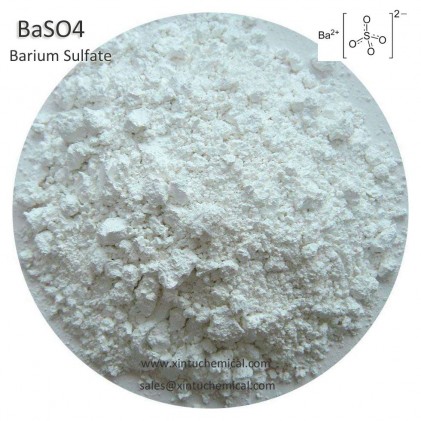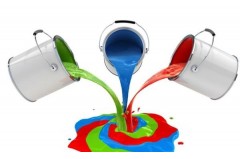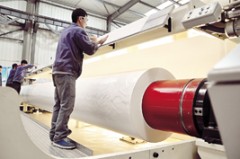Application
Understanding Precipitated Barium Sulfate and Its Uses Across Industries
What is Precipitated Barium Sulfate?
Precipitated barium sulfate is a versatile chemical compound widely used in various industrial applications. Known for its high purity and fine particle size, it is produced through a precipitation process and is valued for its unique properties. In this blog, we will explore the characteristics, manufacturing process, and diverse applications of precipitated barium sulfate.
What is Precipitated Barium Sulfate?
Precipitated barium sulfate (BaSO₄) is a white, odorless powder produced by the chemical precipitation of barium salts, typically from barium chloride and sodium sulfate. Unlike other forms of barium sulfate, precipitated barium sulfate is manufactured to achieve a high level of purity and specific particle size, making it ideal for a variety of specialized uses.
Key Characteristics of Precipitated Barium Sulfate
The unique properties of precipitated barium sulfate make it suitable for several applications. These characteristics include:
-High Purity: Precipitated barium sulfate is refined to a high level of purity, making it ideal for industries that require non-reactive and consistent materials.
-Fine Particle Size: The fine particles of precipitated barium sulfate provide excellent dispersion in liquids, enhancing its performance in coatings and formulations.
-White Color: The bright white color makes it an ideal ingredient in paints, coatings, and other applications where a white or neutral tone is required.
-Inert Nature: Precipitated barium sulfate is chemically inert, meaning it does not react with most substances, ensuring stability in a wide range of products.
Applications of Precipitated Barium Sulfate
Precipitated barium sulfate is used in various industries due to its unique properties. Some key applications include:
Paints and Coatings: It is commonly used as a filler or extender in paints and coatings, improving the opacity and texture while reducing production costs.
Plastics and Polymers: In the plastics industry, precipitated barium sulfate is used to enhance the durability, color, and opacity of products such as automotive parts, wires, and cables.
Drilling Fluids: In the oil and gas industry, it is used in drilling fluids to increase the density of the fluid and aid in the removal of rock cuttings.
Cosmetics: It is used as a pigment and filler in cosmetic products such as sunscreens and foundations, providing a smooth texture and white appearance.
Medical Applications: Precipitated barium sulfate is used as a radiopaque contrast medium in X-ray and CT scans, helping to highlight areas in the body during imaging.
Benefits of Using Precipitated Barium Sulfate
-Improved Product Quality: Its high purity and fine particle size improve the quality and appearance of products in a variety of industries.
-Cost Efficiency: As a cost-effective filler, it helps reduce the cost of raw materials while maintaining product performance.
-Environmental Benefits: Precipitated barium sulfate is non-toxic and stable, making it a safer choice for many applications.
Conclusion: The Versatility of Precipitated Barium Sulfate
Precipitated barium sulfate is a valuable material that plays a crucial role in a range of industries, from paints and coatings to pharmaceuticals and medical imaging. Its unique properties, including high purity, fine particle size, and chemical inertness, make it an ideal choice for products requiring reliability and performance. By understanding the diverse uses of precipitated barium sulfate, businesses can leverage its benefits to improve product quality and efficiency.





